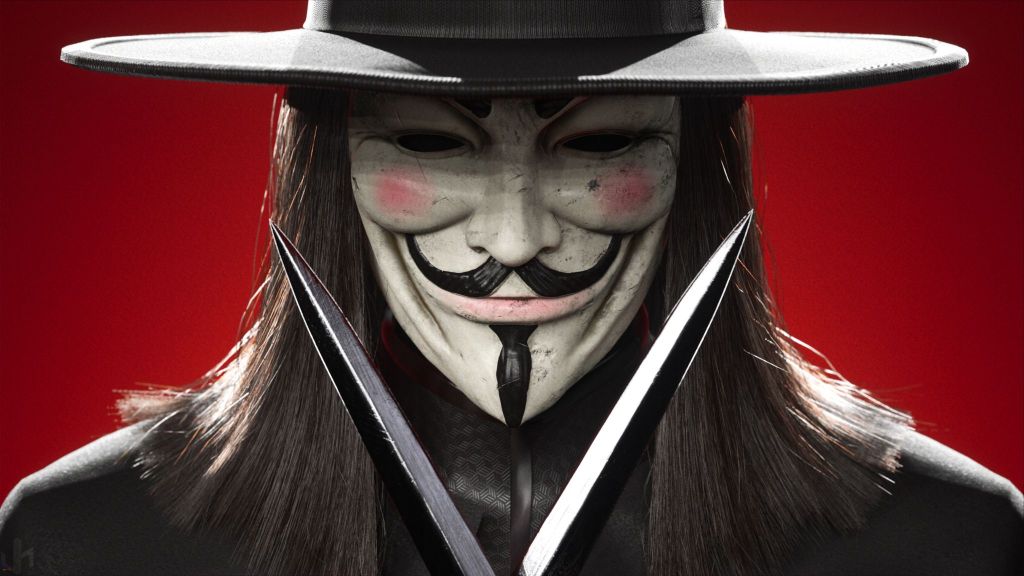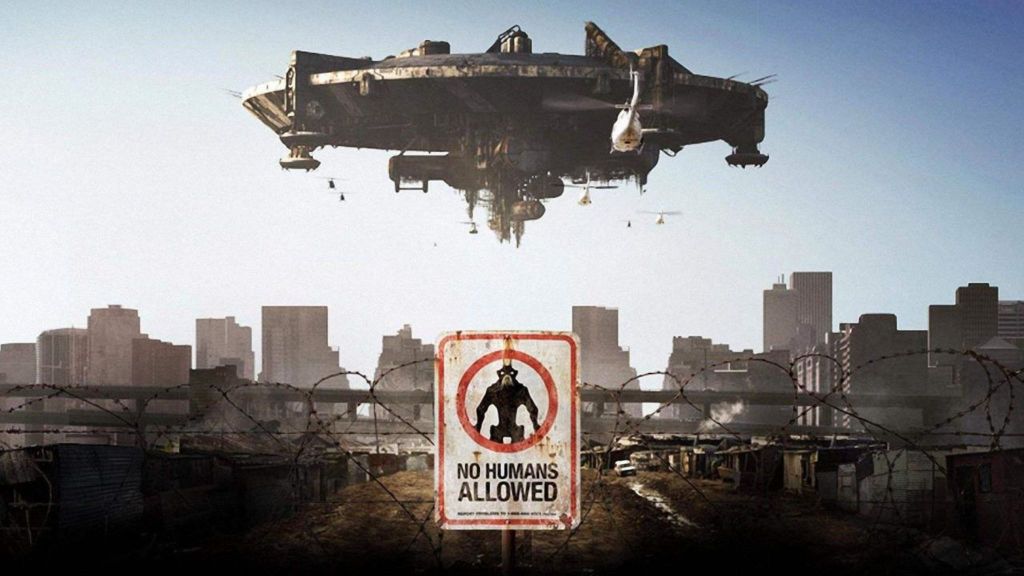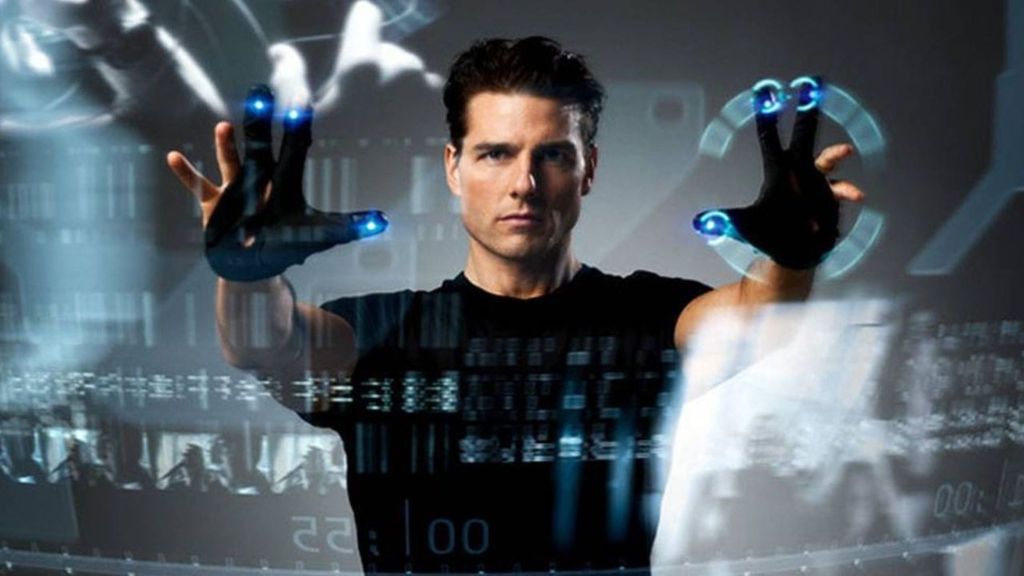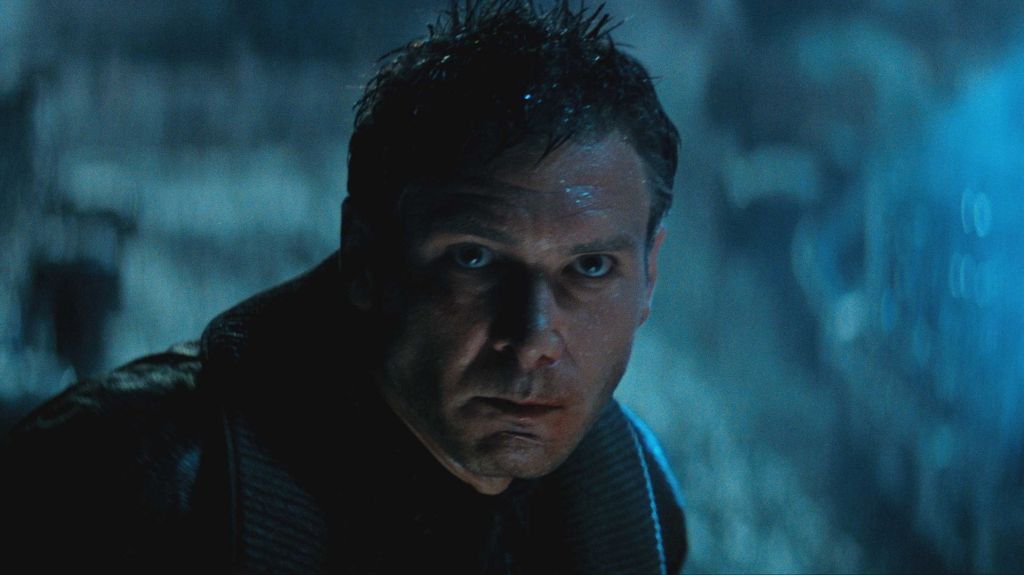
Science fiction often rockets us to galaxies far, far away or dazzles us with futures brimming with impossible technology. Yet, dystopian stories hold a unique, often unsettling power within this genre by reflecting our deepest anxieties about freedom, power, and where our current path might lead. Asif Kapadia’s new film, 2073, slots right into this tradition. Premiering at the Venice Film Festival before making its way to Max, 2073 addresses current global anxieties and directly tackles the unsettling realities of democratic decline and rising authoritarianism playing out across the globe. Rather than distant fantasy, 2073 presents a focused, cautionary vision rooted in contemporary fears, offering an urgent exploration of where present paths might lead if unchecked.
2073‘s examination of eroding democracy invites comparison with other powerful dystopian narratives. This list gathers seven essential sci-fi films that explore themes of oppressive regimes, pervasive surveillance, and the human struggle against overwhelming odds.
Children of Men

Alfonso Cuarón’s 2006 film, Children of Men, throws viewers into a near-future 2027 where humanity faces extinction after two decades of global infertility. Societal structures have crumbled worldwide, but the UK remains operational, enforcing its borders with extreme prejudice through a militarized police force and grim refugee camps. Clive Owen stars as Theo Faron, a cynical former activist pulled into a dangerous mission: safeguarding Kee (Clare-Hope Ashitey), the first woman to become pregnant in years. Their flight across a decaying landscape underscores the film’s exploration of state oppression fueled by crisis and the brutalization of marginalized groups.
For viewers unsettled by 2073‘s focus on the democratic decline and authoritarian responses to crisis, Children of Men offers a powerful, grounded look at how easily rights can be eroded when society feels threatened. Furthermore, it presents its near-future with documentary-style realism, not unlike 2073.
V for Vendetta

In the chilling future depicted in V for Vendetta, adapted from the graphic novel by Alan Moore and David Lloyd, Britain has fallen under the control of Norsefire, an authoritarian fascist regime. Surveillance is total, media is state-controlled propaganda, and any deviation from the norm is ruthlessly punished. Fighting back against this suffocating order is V (Hugo Weaving), a charismatic anarchist in a Guy Fawkes mask who employs theatrical violence to spark a revolution. He draws Evey Hammond (Natalie Portman), a young woman brutalized by the state, into his campaign.
[RELATED: 10 Sci-fi Movies That Still Need a Sequel Years Later]
V for Vendetta serves as a direct exploration of the type of fascist state 2073 warns against. Furthermore, it powerfully visualizes the mechanics of totalitarian control and dramatizes the struggle for liberty, making its themes of resistance against state terror immediately relevant.
Gattaca

The 1997 film Gattaca presents a future where genetic engineering dictates social hierarchy, offering a different flavor of societal control than the political focus of 2073. Society is divided between the genetically perfect “Valids” and the naturally born “In-Valids,” who face systemic discrimination.
In Gattaca, Ethan Hawke plays Vincent Freeman, an In-Valid dreaming of space travel — a privilege reserved for Valids. To achieve his goal, Vincent assumes the identity of Jerome Morrow (Jude Law), a paralyzed Valid, navigating the constant threat of exposure via relentless biometric surveillance. Directed by Andrew Niccol, Gattaca masterfully explores prejudice and determinism enforced by biology. It provides a chilling look at how pervasive surveillance and societal stratification, key dystopian elements, can manifest in deeply personal ways.
District 9

Director Neill Blomkamp delivered a unique sci-fi vision with 2009’s District 9, using aliens to explore themes directly relevant to 2073‘s concerns about how societies treat perceived ‘others.’ The film imagines an alternate Johannesburg years after a massive alien spaceship arrived, stranding its malnourished inhabitants. Confined to a segregated slum called District 9 and pejoratively labeled “Prawns,” these extraterrestrials face exploitation and abuse from the government and the controlling corporation, MNU.
Sharlto Copley gives a standout performance as Wikus van de Merwe, an MNU bureaucrat who becomes accidentally exposed to alien biotechnology. As he transforms, Wikus becomes a fugitive, forced to ally with the beings he oppressed. District 9‘s sharp allegory for apartheid, xenophobia, and the violation of rights resonates strongly with anxieties about rising intolerance and state-sanctioned discrimination.
Minority Report

Steven Spielberg’s 2002 adaptation of a Philip K. Dick story, Minority Report, tackles themes of surveillance and control highly pertinent to 2073‘s exploration of eroding freedoms. The story is set in a future Washington D.C. where murder is virtually obsolete thanks to the PreCrime program, as the police apprehend culprits before they act based on visions from psychic “PreCogs.”
Tom Cruise plays John Anderton, PreCrime’s chief officer, until he himself is predicted to commit a future murder. Forced to flee, Anderton must question the infallibility of a system that sacrifices free will for supposed security. Minority Report compellingly examines the dangers of predictive policing, omnipresent surveillance, and the potential for manipulating truth within systems designed for social control, echoing concerns about technological overreach in governance.
Brazil

Terry Gilliam’s 1985 satirical masterpiece Brazil offers a darkly comedic take on the crushing nature of an oppressive state, contrasting tonally with 2073 while exploring similar themes of control. Jonathan Pryce stars in Brazil as Sam Lowry, a low-level government clerk escaping his bleak reality through elaborate daydreams in a society drowning in bureaucracy and paranoia. Unfortunately for Sam, a simple typo triggers a cascade of events involving wrongful arrest, state-sanctioned torture, and inept security forces.
Brazil uses satire and surreal visuals to critique totalitarianism, consumerism, and the dehumanizing effects of inefficient, yet inescapable, bureaucratic systems. While its approach is absurdist, the film’s depiction of unchecked state power and the erosion of individuality provides a unique perspective on the fears surrounding authoritarian creep.
Blade Runner

Ridley Scott’s influential 1982 film Blade Runner is a cornerstone of cyberpunk. Presenting a dystopia driven by corporate power and environmental decay, offering a different source of societal breakdown than 2073‘s political focus. Loosely based on Philip K. Dick’s Do Androids Dream of Electric Sheep?, the film is set in a rainy, decaying Los Angeles in 2019. Harrison Ford plays Rick Deckard, tasked with hunting bio-engineered androids (replicants) created by the powerful Tyrell Corporation.
Blade Runner uses its atmospheric setting to explore deep questions about artificial intelligence, memory, identity, and what it means to be human when technology blurs the lines. Its vision of a future dominated by unaccountable corporations and social stratification remains a powerful counterpoint and complement to narratives focused purely on state control.
What other dystopian sci-fi movie would you recommend after 2073? Let us know in the comments!
The post 7 Dystopian Sci-Fi Movies to Watch After 2073 appeared first on ComicBook.com.

